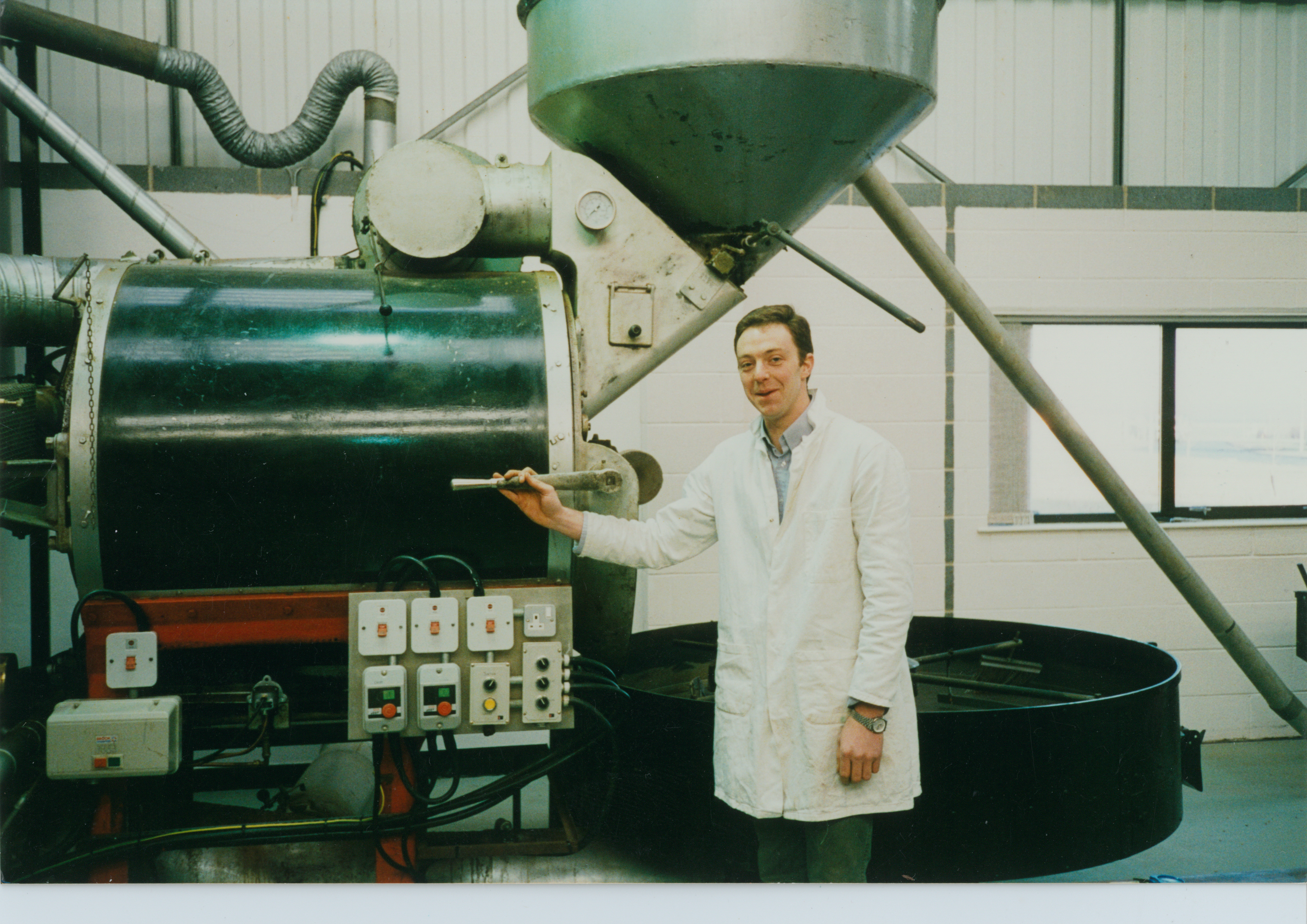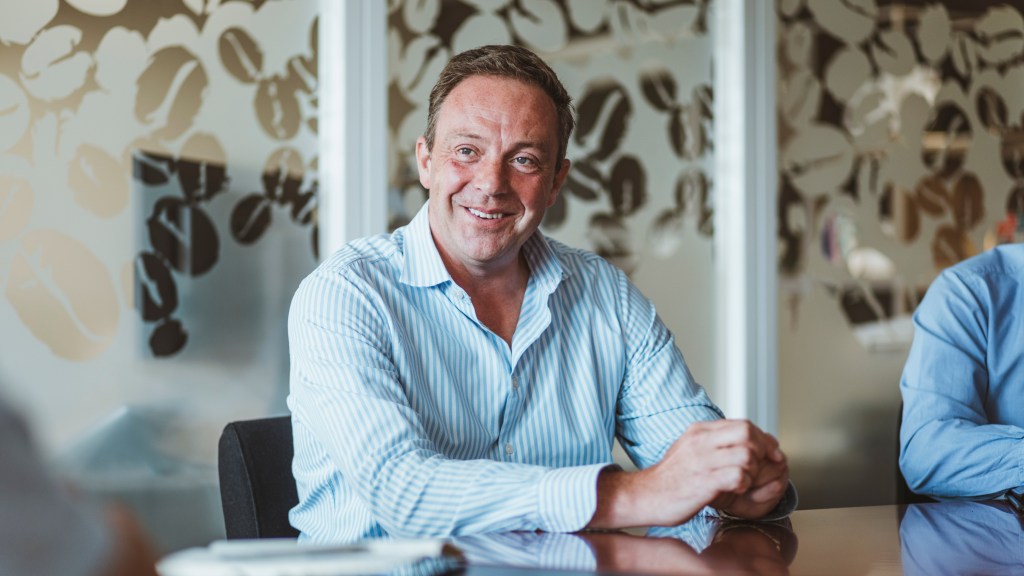Lessons from James Sweeting: Building a Resilient Business Moat
James Sweeting, aged 54, is the co-founder and executive chairman of Lincoln & York, a renowned coffee roaster producing 8,000 tonnes of coffee annually, equating to about 80 million cups. Their clients include numerous high street café chains. Sweeting, along with his business partner Simon Herring, launched the north Lincolnshire-based company in 1994, achieving revenues of £100,000 in their first year. For the 12 months leading to February this year, the company posted £43 million in sales and a pre-tax profit of £1.9 million. The roastery, spanning 6,000 square meters, employs 90 people. Sweeting also co-founded Pipers Crisps, acquired by PepsiCo in 2019, and co-owns the Sumo UK agricultural machinery enterprise.
We excel as a manufacturing supplier by focusing on the essentials and executing our tasks with excellence.
From the outset, my partner and I — despite limited financial resources — understood the importance of reinvesting our income and returns back into the business.
We prioritized investing in tangible assets, such as machinery and infrastructure, which compound over time. Initially, we faced low capital, but continuous reinvestment of our earnings allowed us to surpass competitors. We were willing to invest more than our rivals.
Essentially, this strategy built a moat around our business, enabling us to scale rapidly and invest in enduring assets.
Modern business discussions often emphasize investments in IT, PR, and advertising — intangible elements. In contrast, we focus on assets that endure, like coffee roasters that last 30 years, creating a formidable competitive moat.
The UK Hosts Hundreds of Coffee Roasters
Local markets and online channels dominate small roasters’ distribution. However, few can supply 100 cafés, due to the required scale. We aimed to be part of that elite few.

Government regulations have increased, adding bureaucratic layers that small roasters struggle to navigate. Established systems in larger businesses ease compliance, creating a further barrier for new entrants.
Understanding Capitalization
In our first year (1994), we paid ourselves £100 weekly, increasing to £150 in 1995-96, while reinvesting 80% of profits. Over time, cash flow improved, providing financial stability.
Modern trends involve crowdfunding, often leading to significant equity loss. In contrast, reinvesting and compounding capital enhances control and growth prospects.
Work/Life Balance
Starting a business demands full commitment, often at the expense of personal time. Sacrifices made initially can lead to future rewards. It’s an investment of both time and financial capital.
Contrarian Investment Strategy
Consultants often advise against capital investments due to depreciation. We adopted a contrarian approach, investing in capital ahead of demand curves, growing our business’s capacity and competitive moat significantly over three decades.
Embrace Unconventional Thinking
Focus and adherence to your business plan are essential. While Starbucks and major coffee chains emerged over time, the coffee market’s growth required us to remain flexible and relevant.
Nespresso capsules’ introduction led to a market shift. We avoided costly, rapidly depreciating capsule machinery, concentrating instead on supplying coffee beans.
Follow Through on Commitments
Reliability and strong relationships with top suppliers and customers are crucial. Being the best supplier, even if your product is similar to competitors’, fosters long-term business success.
James Sweeting shared his insights with Richard Tyler, editor of Times Enterprise Network




Post Comment